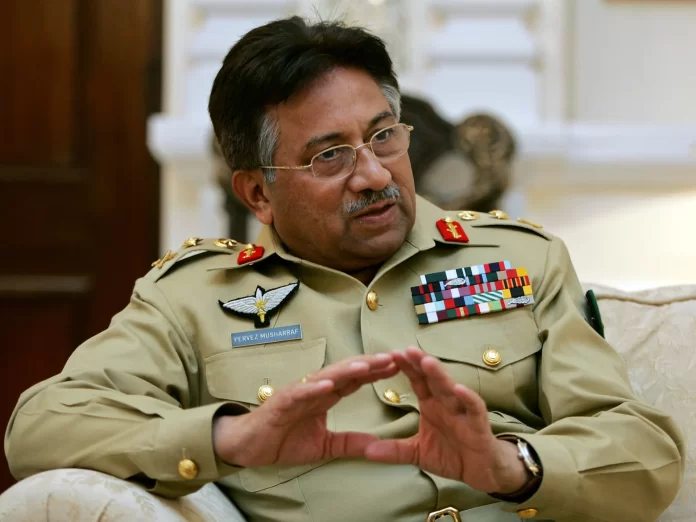Seventeenth Amendment is basically the Legal Framework Order 2002 that has been accepted as part of the Constitution with minor modifications and may be, therefore, termed as an LFO-amended Constitution. After a surprise deal between PML(Q) and MMA (Mutahida Majlis-e-Amal), the 17th Amendment has now become part of the 1973 Constitution after the formal approval of President General Pervez Musharraf. A year-old constitutional deadlock was broken only because of “flexibility” shown by President General Pervez Musharraf and top MMA leadership. The amendment allows General Pervez Musharraf to serve out his term as President, which ends in 2007, and formalize special powers he had decreed himself giving him the right to sack the prime minister and disband parliament by decree. In return, Musharraf agrees to step down as army chief, supposed to be the main source of his power, by December 31, 2004.
The seventeenth amendment now allows the provision for “vote of confidence for further affirmation of the president in office by majority of the members present and voting, by division or any other method as prescribed in the rules made by the federal government under clause (9), of the electoral college consisting of members of both Houses of Parliament and the provincial assemblies”. Accordingly a vote of confidence was passed in favor of the President on January 1, 2004 by members of both National Assembly and the Senate. Despite the fact the MMA abstained from giving the vote of confidence to the President, it has indirectly accepted him as elected president by allowing vote of confidence from both houses of parliament and provincial assemblies.
Under the Article 58(2)(b), “the President in case of dissolution of the National Assembly shall, within fifteen days of the dissolution, refer the matter to the Supreme Court and the Supreme Court shall decide the reference within thirty days whose decision shall be final”.
Likewise, under the Article 112, the governor in case of dissolution of the provisional assembly shall also refer the matter to the Supreme Court with the previous approval of the president and the Supreme Court shall decide the reference within thirty days whose decision shall be final.
Another amendment is the addition of the words “in consultation with the Prime Minister” in place of “in his discretion” in Article 243 of the Constitution giving the Prime Minister a constitutional say in the appointment of services chiefs. Article 152(A) of the Constitution has been omitted that related to the establishment of a National Security Council. The National Security Council may be, however, created with the passage of a bill with simple majority.
17th Amendment has amended Article 41(1)(7)(b) of the Constitution whereby Article 63(1)(d) of the Constitution has been made inoperative till December 31, 2004. Article 63(1)(d) deals with the disqualification for membership of Parliament and under Article 41(2) only a person qualified to be elected as member of the National Assembly, can be elected as President. This means that for the duration that that Article 63(1)(d) is inoperative, the President is not barred from being elected as the President while he holds the office of COAS. But it is interesting to note that the Article 43(1) of the Constitution still remains intact that says: “The President shall not hold office of profit in the service of Pakistan carrying the right to remuneration for the rendering of services, Since no amendment has been made in this clause, the Article 43(1) disallows a person simultaneously to be the President and the COAS of the country.
The bill granted indemnity to all actions of President General Pervez Musharraf since military action of October 12, 1999 as according to the 270AA, the Parliament has “affirmed, adopted and declared to have been duly made by the competent authority … all laws made between October 12,1999 and the date on which the Article comes into force”.
In the Article 179, retirement age of the Supreme Court judges has now been fixed at 65 year. This was a huge concern for the lawyers of the country who have at least welcomed this move.
This article was last updated on Thursday, January 01, 2004






